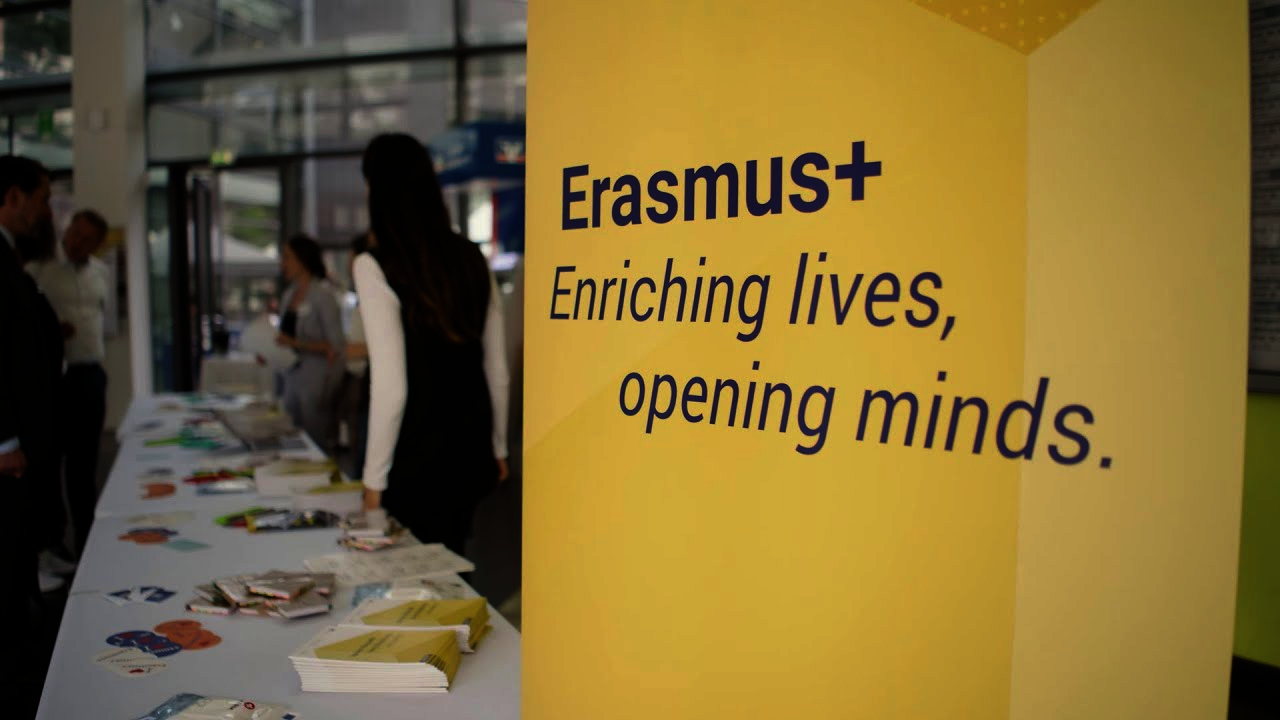Appropriate administrative structures
Regular exchanges – most recently at the Erasmus+ annual meeting in Magdeburg in September 2023 – and a recent survey of the use of funds granted for the organisation of individual Erasmus mobilities (organisational support, OS) show that there is still room for improvement in the programme’s current services shortly before the half-way point is reached. However, the results also indicate that expansion of the programme should be carried out with caution.
Feedback from small and medium-sized universities, especially universities of art and music (60 percent), points to the fact that OS is mainly directed at scholarship holders (this is not usually possible for staff). An estimated 70 percent of available working time is spent on project management, while just under 30 percent is allocated to core elements of the programme – supervision, maintaining university partnerships and marketing. It is striking that 82 percent of respondents state that they organise Erasmus mobilities in their International Offices with three or fewer full-time equivalents.
The welcome new range of opportunities therefore entails more complex, labour-intensive administrative procedures which are not (as yet) comprehensively reflected in appropriate structures. It is all the more remarkable, then, that for years scholarship holders have confirmed their great satisfaction (96%) with their universities’ support, guidance and organisation, reflecting the great enthusiasm of programme participants.
